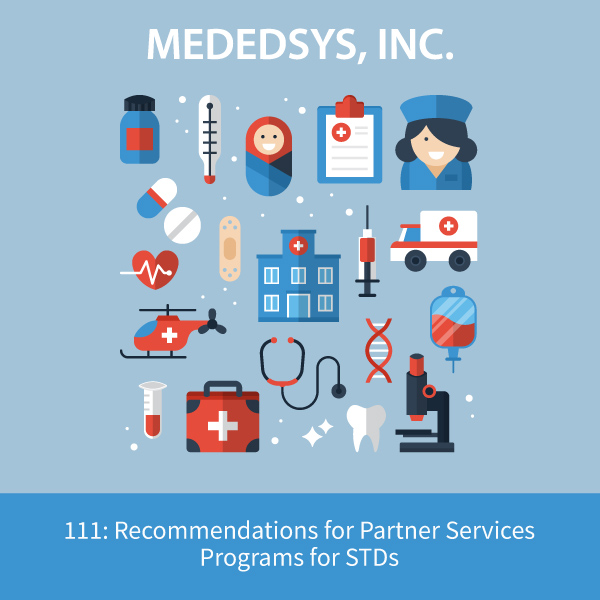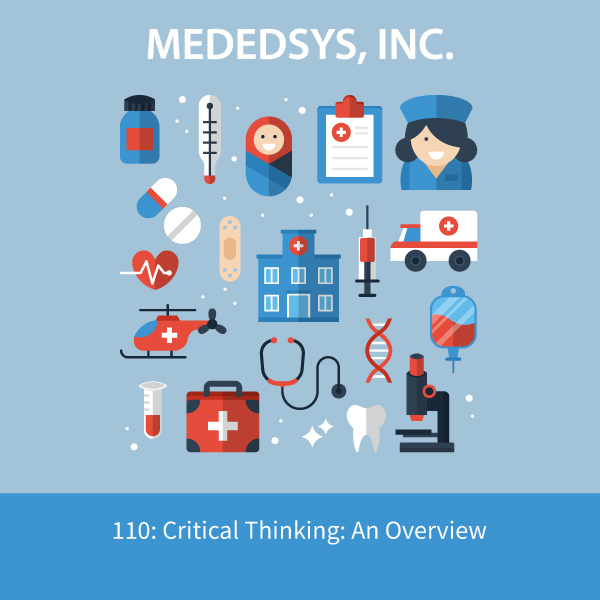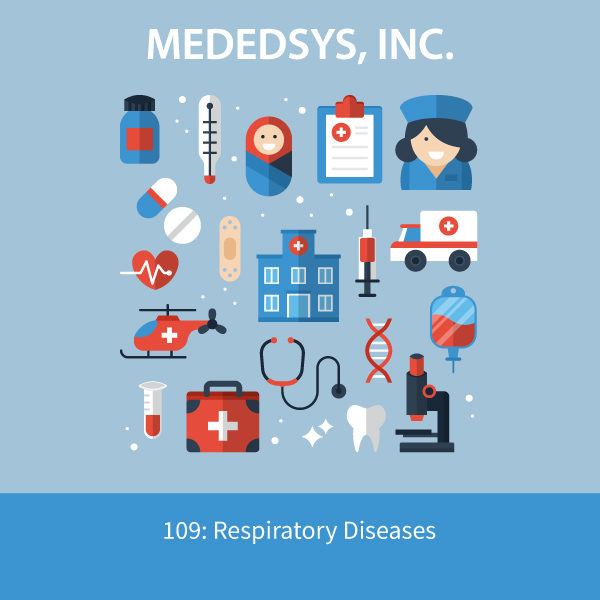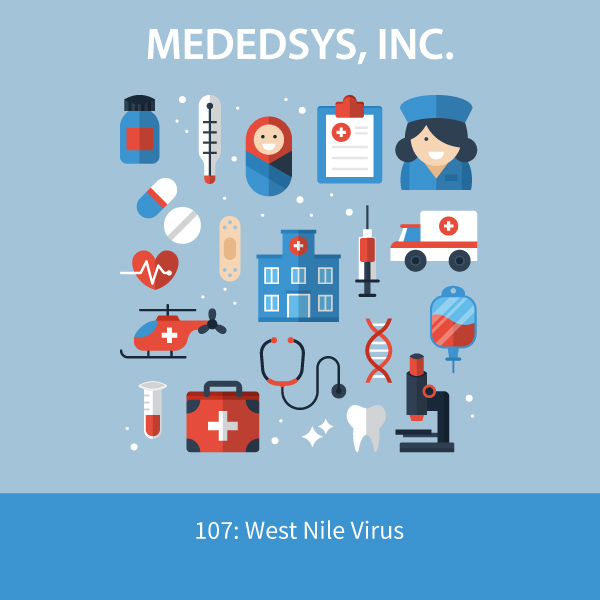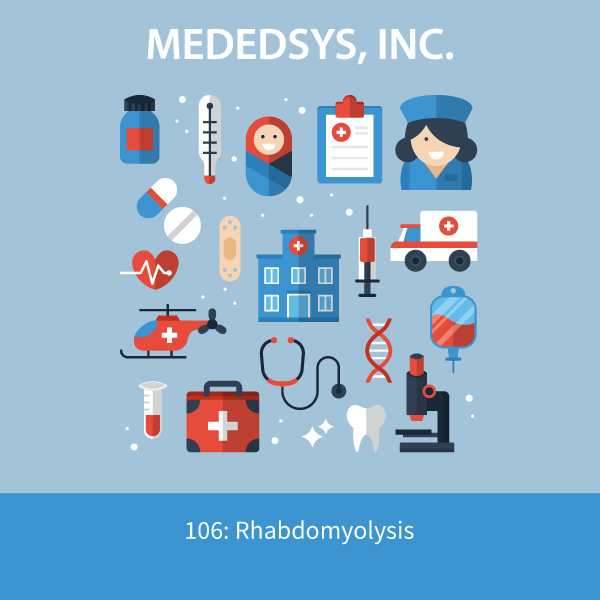No products in the cart.
LEARNING OBJECTIVES Upon successful completion of this course, you will be able to: Identify the tools for assessing spinal cord injury and repair Identify the outcome measurements used to assess injury and recovery Identify the steps involved in monitoring real-time progression of spinal cord injuries Identify the current therapeutic interventions (60 pages)


